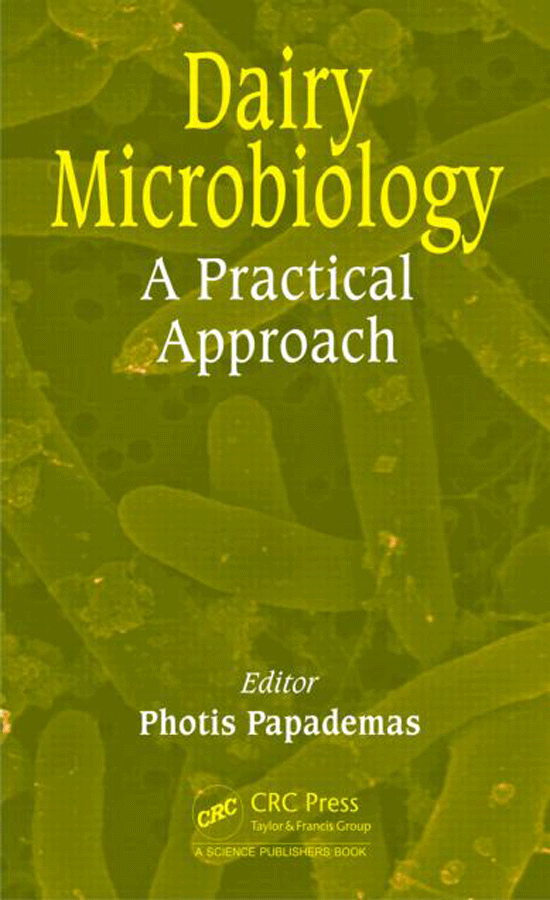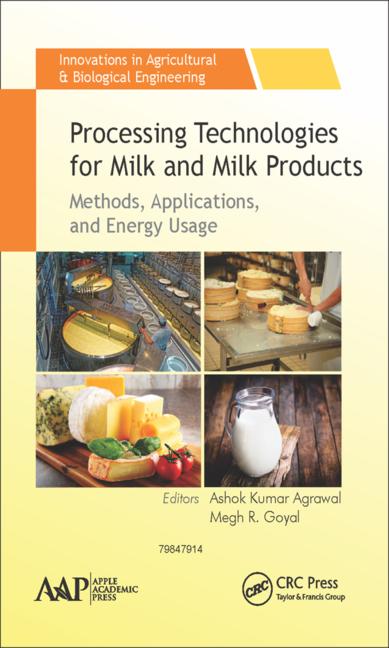Contented cows
Dannon’s milk supplier is a Certified Responsible Producer
McCarty Family Farms is Validus-certified in Animal Welfare, Environmental Care, On-Farm Security and Worker Care.

A dairy barn at McCarty Family Farms, Rexford, Kansas.

Ken McCarty and Sharon Gerdes in Rexford, Kansas.


[Editor’s note: Dairy Foods Health and Wellness Editor Sharon Gerdes returned to Kansas where she grew up on a family farm. She filed the following report.]
As a follow-up to my article "Clean label' dairy begins at the farm," I decided to visit McCarty Family Farms in Rexford, Kansas. My trip brought me back to my Kansas farm roots and revealed to me how innovation has changed dairy farming over the years.
My parents kept one cow to supply the family with milk. My job was to pasteurize the milk on the stove. My husband also grew up on a farm in Kansas. Dave milked seven cows by hand every day, and his family drank their milk raw. This is a practice that health experts do not recommend.
Two generations of the McCarty family currently work on the four dairy farms in western Kansas and Nebraska. A third generation is growing up to appreciate the value of family farming.
Validus-certified in four areas of social responsibility
McCarty Family Farms recently became the only dairy farm in the world to be Validus-certified in four areas of social responsibility. The Validus certifications include reviews for Animal Welfare, Environmental Care, and On-Farm Security in order to become a “Certified Responsible Producer.” McCarty dairies were also reviewed for Worker Care.
The certifications were awarded to all three of the McCarty family Kansas dairies, which are located in Rexford, Bird City and Scott City, as well as their dairy located in Beaver City, Nebraska.
“Validus and Non-GMO Project certifications have made us better dairy farmers. Our 170 employees take pride in their work and have a strong sense of accountability to maintain the required standards and practices,” said Ken McCarty.
First-hand look at animal care on a dairy farm
From my tour, I saw first-hand that the dairy puts a lot of energy and science into making the cows comfortable. Calves are bedded in individual pens on either straw or sand, depending on the weather. As the heifers grow, they progress into larger pens where they learn to socialize with a limited number of other cows. In the summer, cows are kept comfy via a cooling mist, and misting frequency is adjusted automatically based on the ambient temperature. When cows need their hooves trimmed or other medical attention, they are separated into a special needs pen.
McCarty’s milk is Non-GMO Project Verified
In June, McCarty dairies joined the growing number of dairy farms and products that are Non-GMO Project verified. The list includes raw milk, goat’s milk, fluid milk, cheese, yogurt and dry dairy ingredients, and encompasses roughly 500 products from 50 companies. While the United States waits for draft GMO regulations, the Canadian Parliament on May 17 voted not to require mandatory labeling of genetically modified foods.
The Non-GMO verification project requires exclusive use of non-GMO feed on the dairy. McCarty explained that obtaining non-GMO feed was not an issue for the farm. The cows receive a ration of corn silage, alfalfa, fine ground corn, soybean meal, vitamins and minerals, wheat middlings, sunflower meal, wheat straw and cane molasses.
Milk goes from farm to plant in 36 hours
McCarty farms condense their milk via a three-stage falling film evaporator and ship it exclusively to a Dannon yogurt plant in Fort Worth. The typical time from milking to processing plant is 36 hours. The on-farm facility allows McCarty farms to reclaim approximately 65,000 gallons of water each day.
For a look at anoter dairy processor using Non-GMO Project Verified milk (as well as conventional milk), read "A bold step for 'craft' dairy Clover Sonoma."
Looking for a reprint of this article?
From high-res PDFs to custom plaques, order your copy today!











